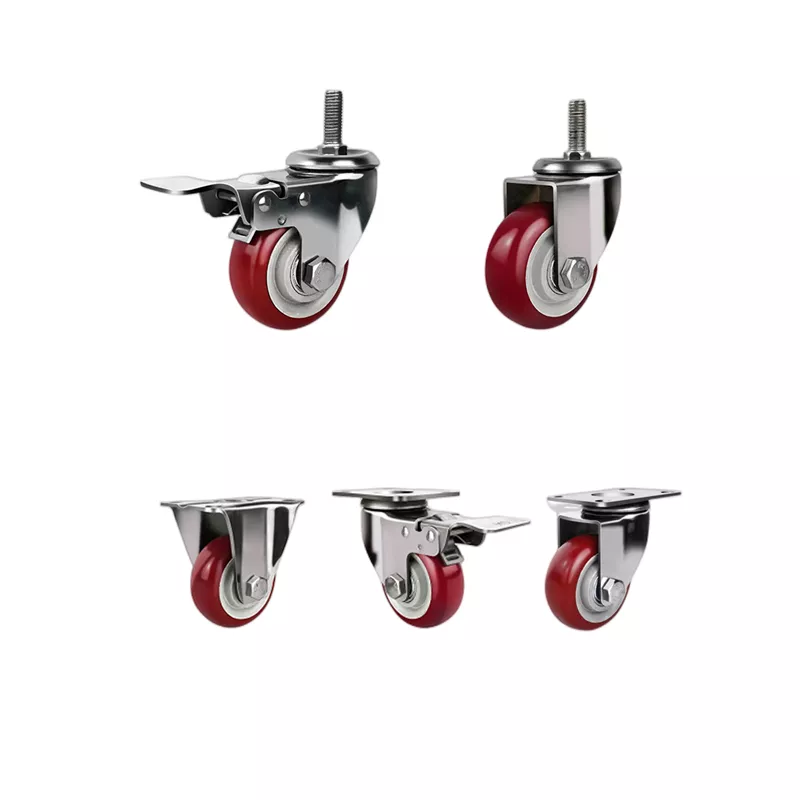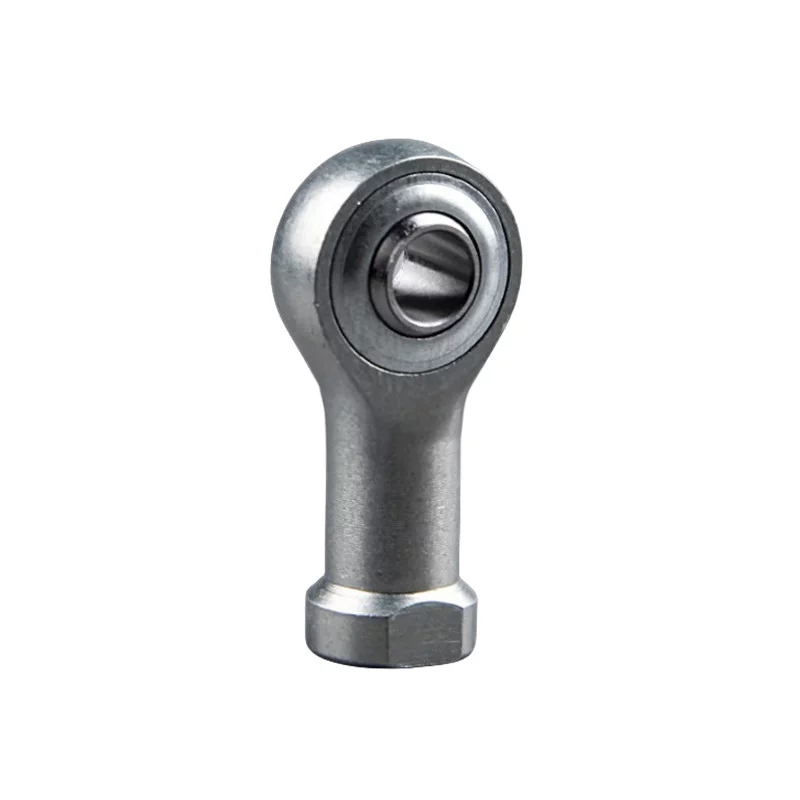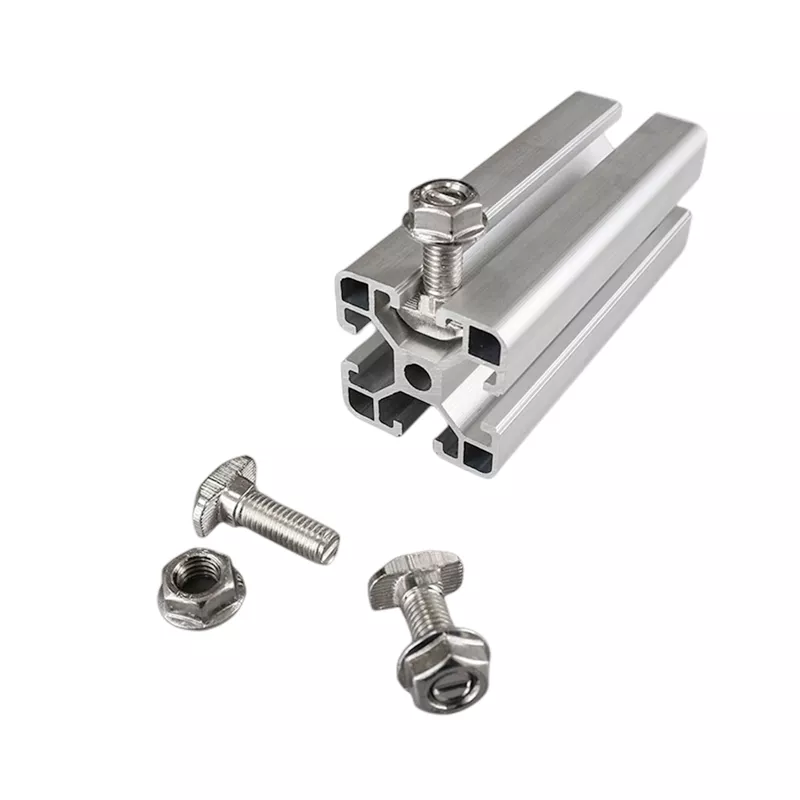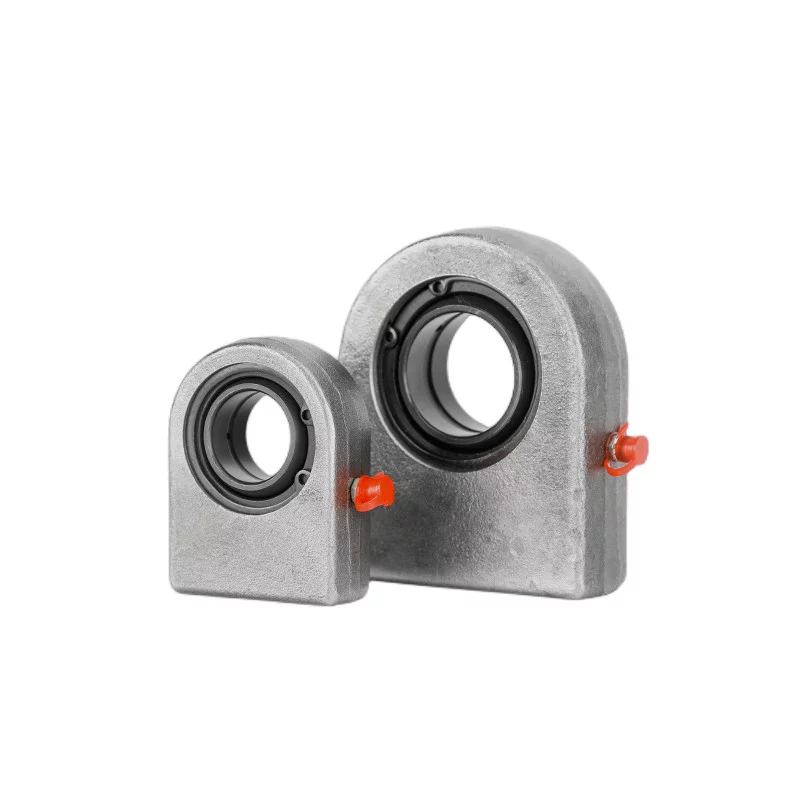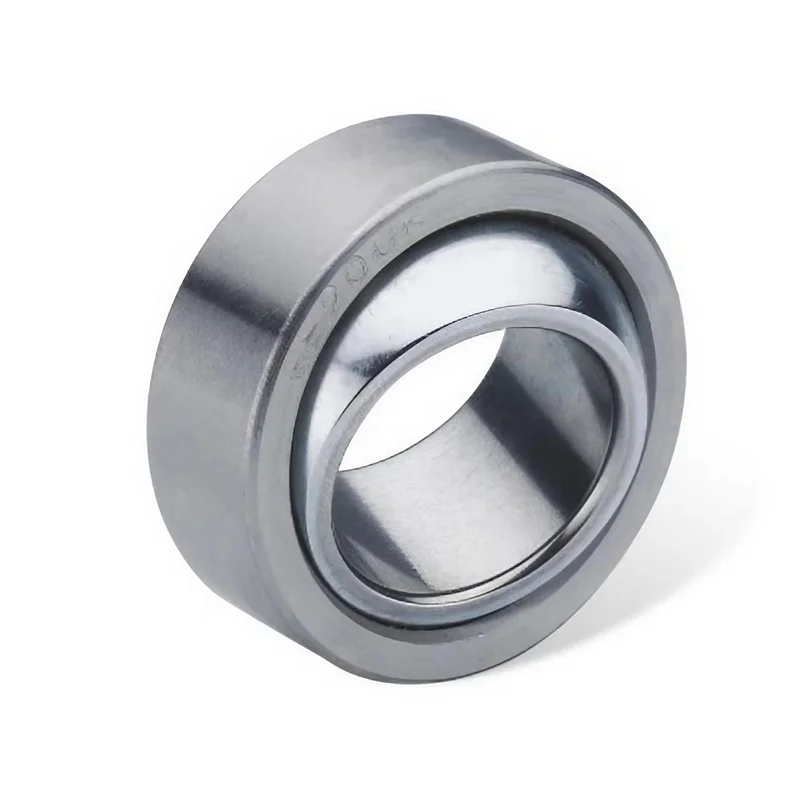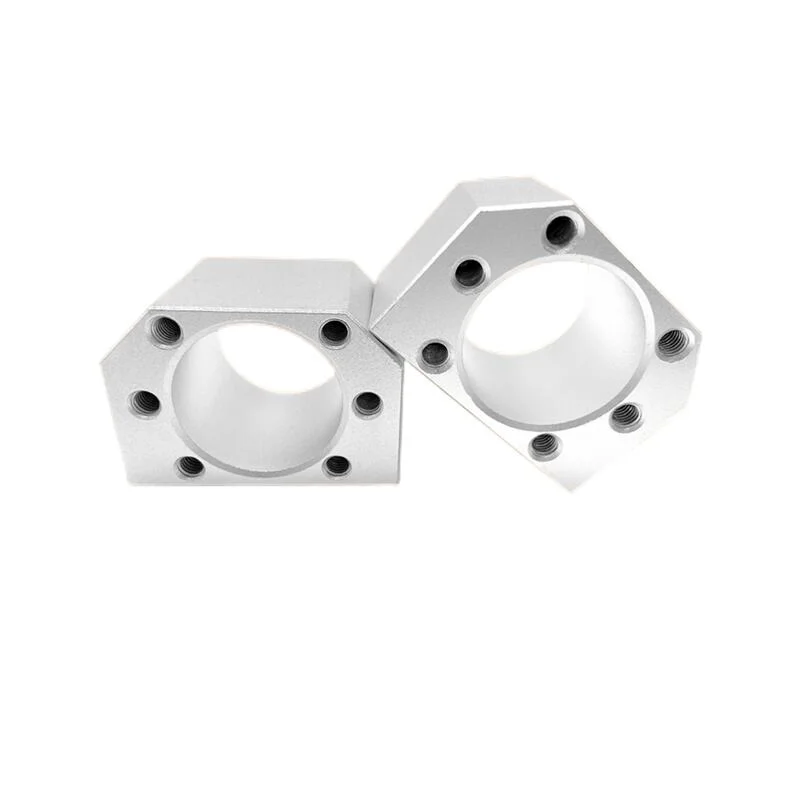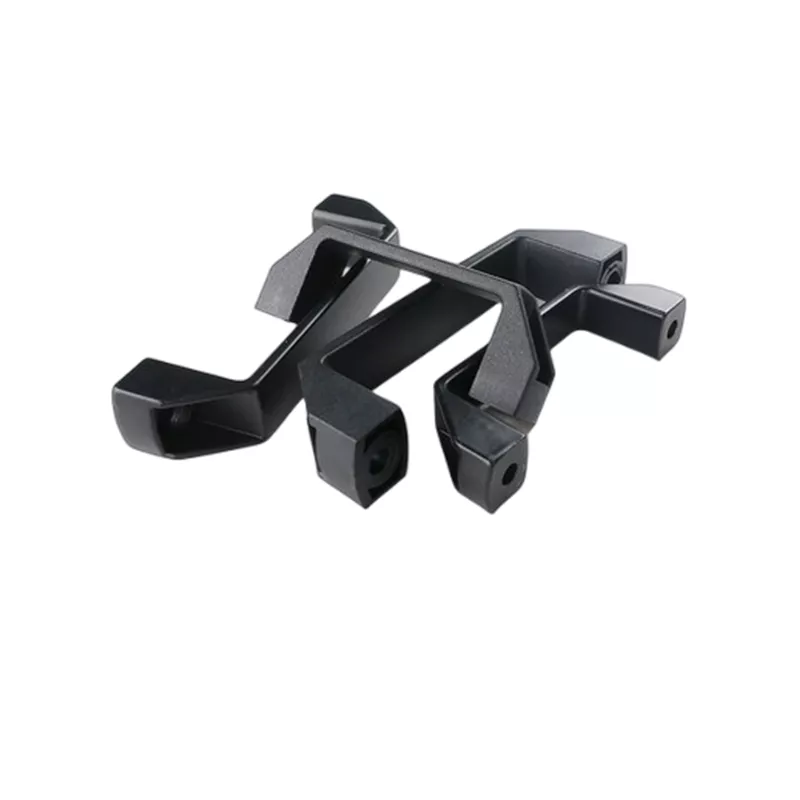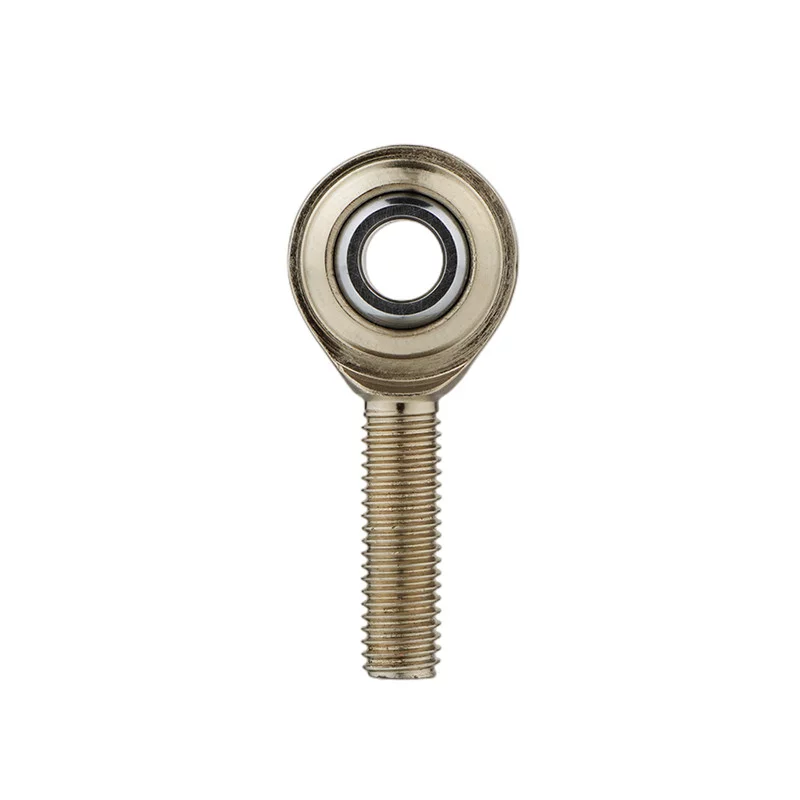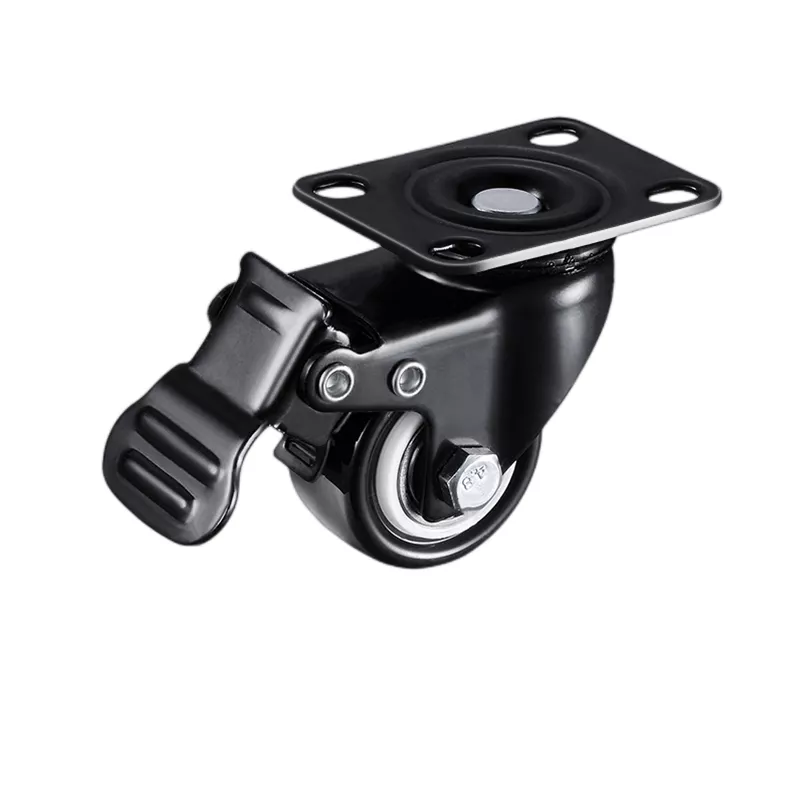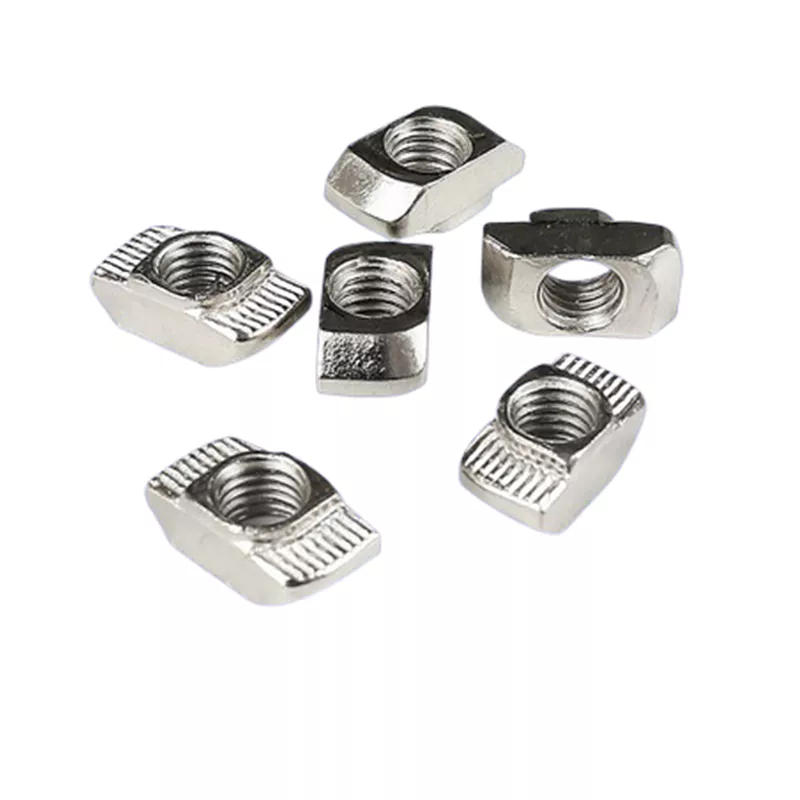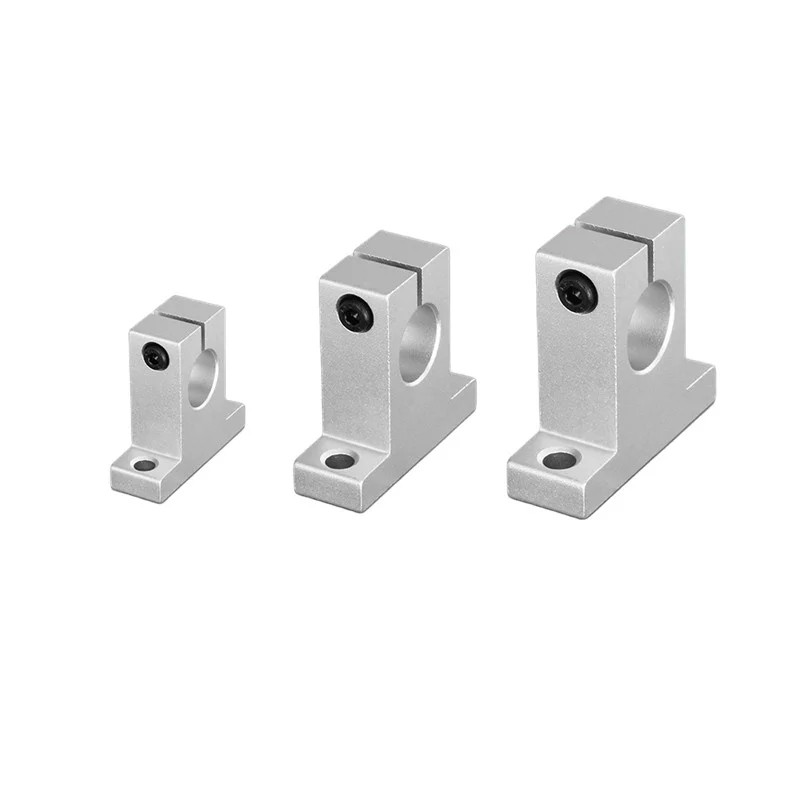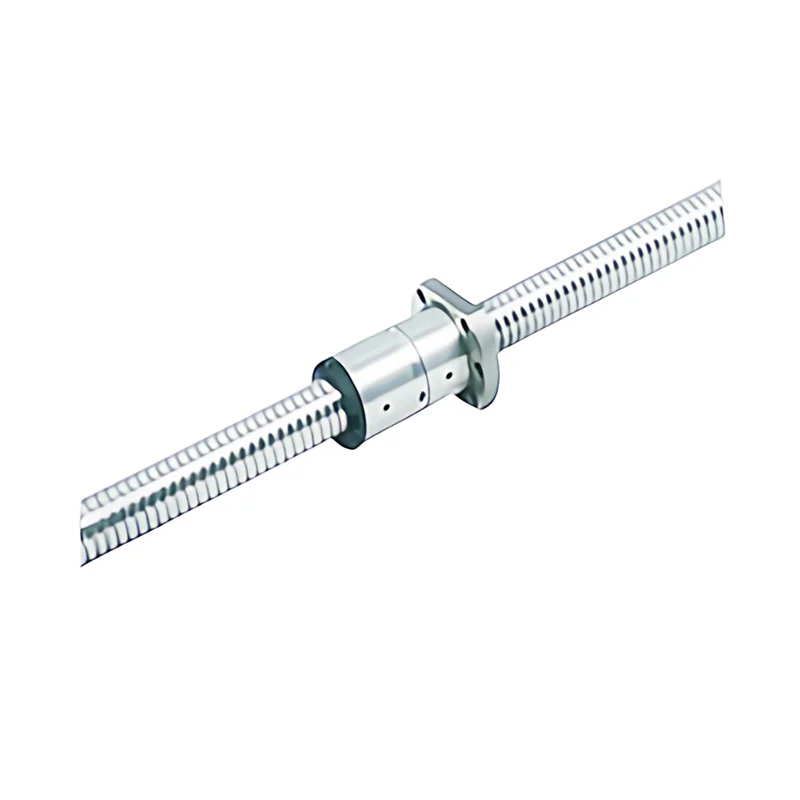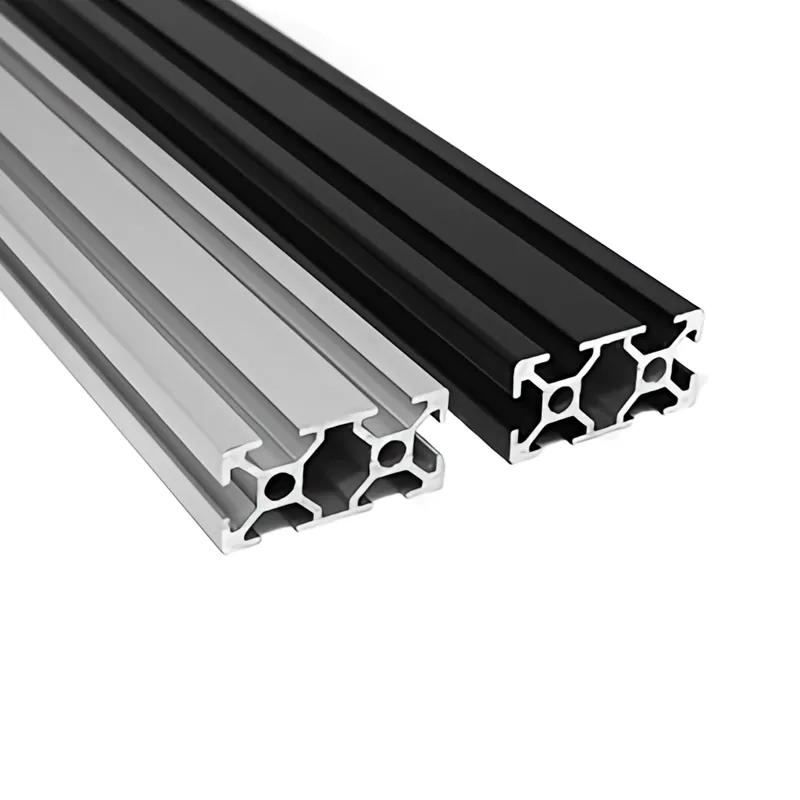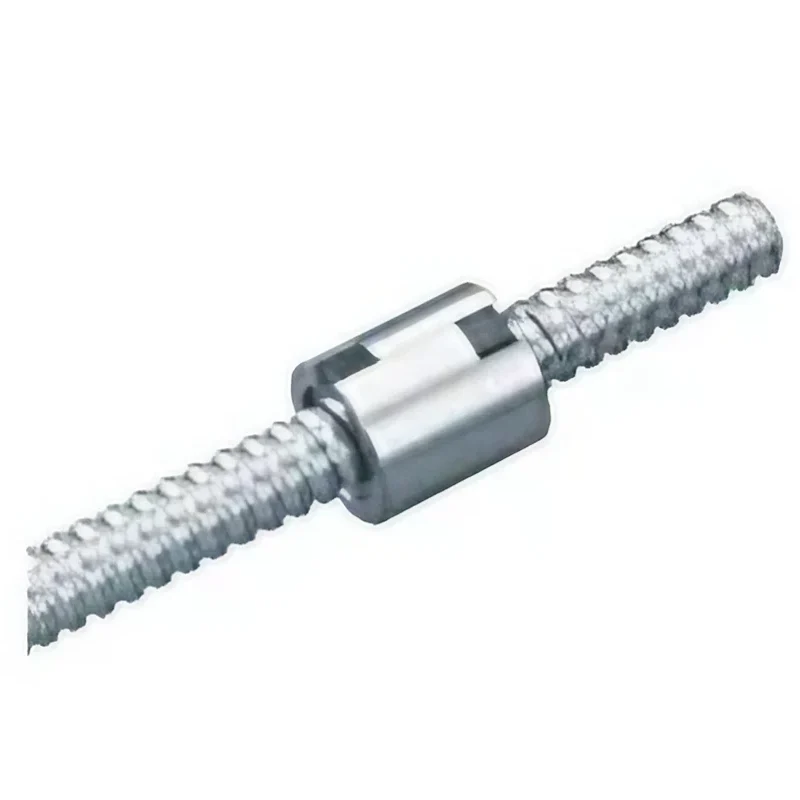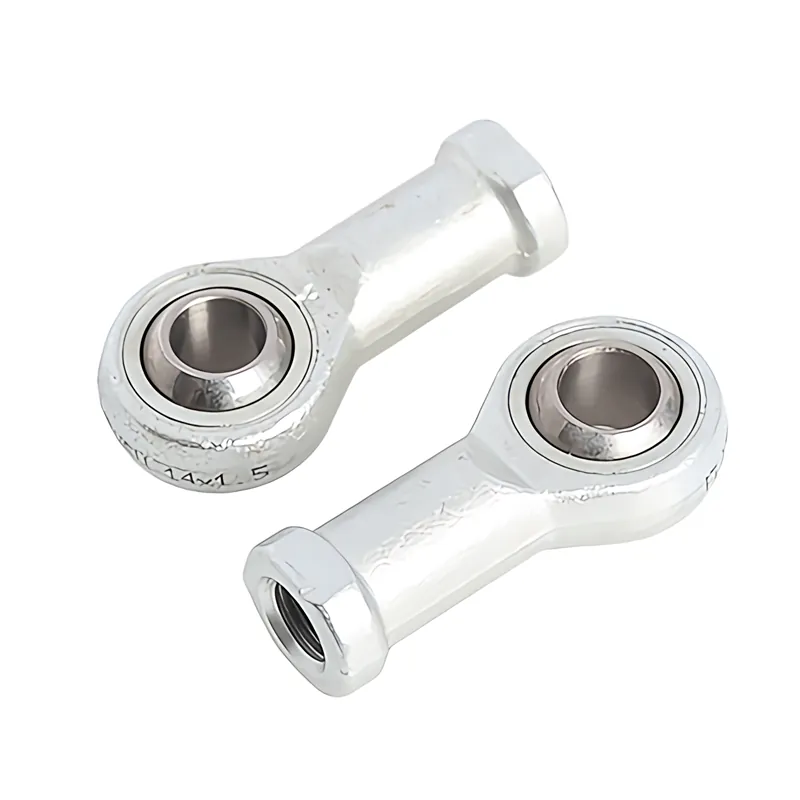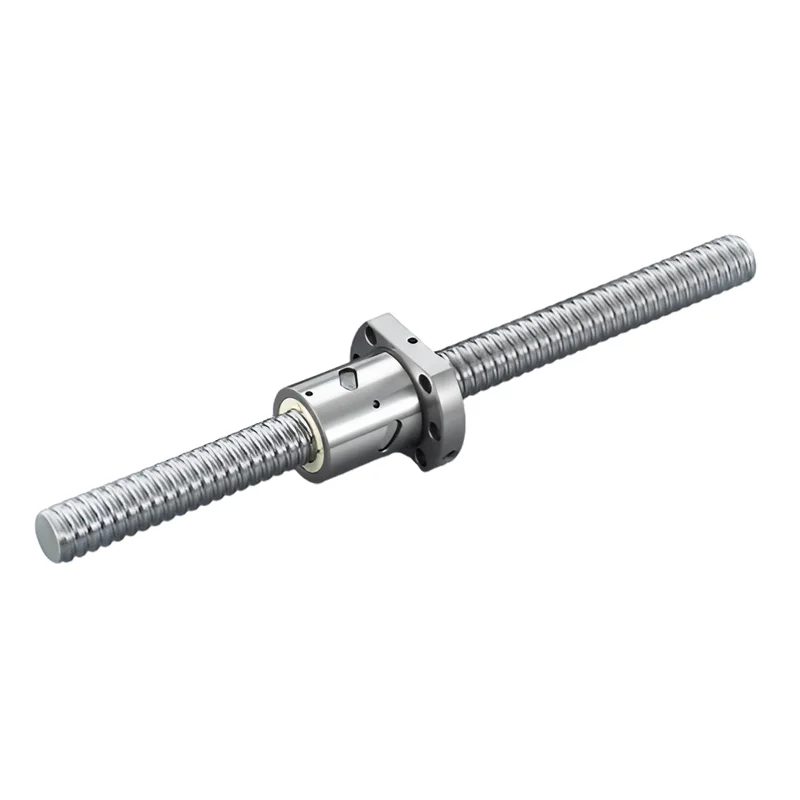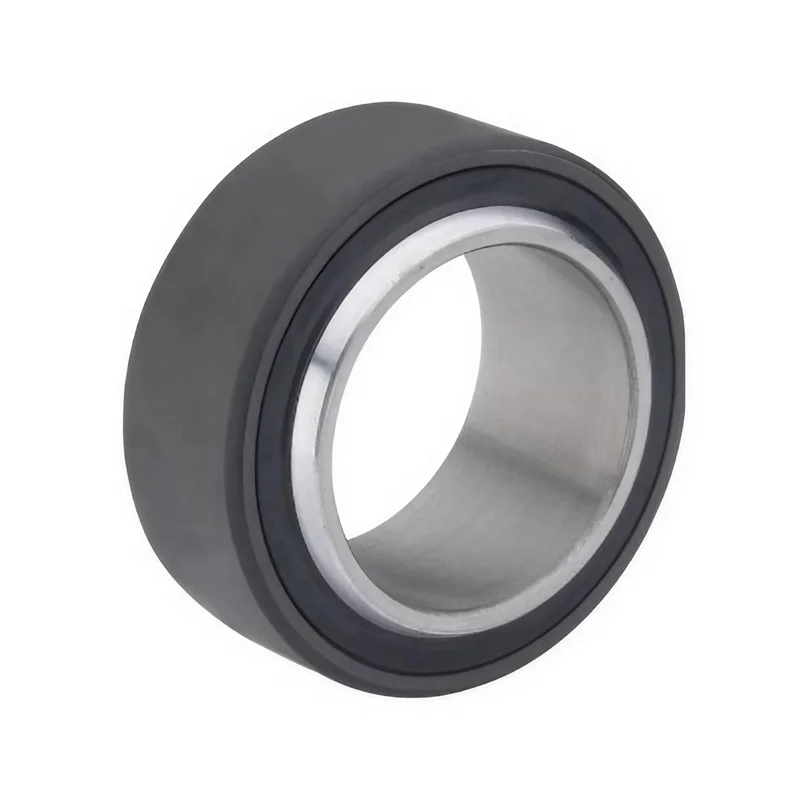Soft floor and hard floor casters:What is the difference
This Blog will help you get one step closer to choosing the proper caster wheel for your application.
Hard floor casters:
Hard floor casters are designed for use on hard flooring surfaces such as tile, vinyl, or hardwood.
They have hard wheels that roll quickly and smoothly on these surfaces. Here are some advantages of hard floor casters:
-Sustain fitness throughout time
-Little force is required to keep the product rolling.
-More robust
-Lives tend to be longer.
-More affordable for applications involving big loads
Soft floor casters:
Soft floor casters are designed for use on soft or delicate flooring surfaces such as carpet or rugs.
They have wheels with a soft tread made of materials like rubber or polyurethane.
Here are some advantages of soft floor casters:
-Rides with more cushion
-minimal floor damage and low likelihood of destruction
-Possess the capacity to manage both heavy and moderate load levels.
When choosing between hard floor casters and soft floor casters, consider the specific flooring surface,
load capacity, noise requirements, and desired level of floor protection to select the most suitable option for your needs.
Soft floor casters and hard floor casters are designed to be used on different types of flooring surfaces.
Here are the main differences between the two:
1. Flooring Compatibility: Soft floor casters are specifically designed for use on soft or delicate
flooring surfaces such as carpet, rugs, or vinyl. They have softer wheels made of materials like
rubber or polyurethane that provide better traction and prevent damage to the floor.
On the other hand, hard floor casters are designed for use on hard flooring surfaces such as wood, tile, or concrete.
They typically have harder wheels made of materials like nylon or plastic that glide
smoothly on these surfaces without causing scratches or marks.
2. Wheel Construction: Soft floor casters have wheels with a softer construction, often made of rubber or polyurethane.
These materials provide better shock absorption and reduce the risk of damaging or leaving imprints on soft flooring surfaces.
Hard floor casters, on the other hand, have harder wheels made of materials like nylon or plastic.
These harder wheels offer increased durability and smooth rolling on hard surfaces.
3. Noise and Vibration: Soft floor casters are designed to minimize noise and vibration when used on soft flooring surfaces.
The softer wheels absorb shocks and reduce the impact noise generated when rolling.
Hard floor casters, while generally quieter than soft floor casters, may produce more noise
and vibration on hard surfaces due to their harder wheel materials.
4. Load Capacity: Both soft floor and hard floor casters come in different load capacities to accommodate different applications.
However, hard floor casters often have a higher load capacity compared to soft floor casters.
This is because hard flooring surfaces can withstand higher weight loads without getting damaged.
5. Mobility and Maneuverability: Soft floor casters offer better traction on soft flooring surfaces,
allowing for improved mobility and maneuverability. They provide more grip and stability,
making it easier to push or move objects on carpeted or soft surfaces. Hard floor casters,
with their smooth-rolling and harder wheels, offer easier movement on hard flooring surfaces.
When choosing between soft floor and hard floor casters, it's important to consider the type of
flooring surface where the casters will be used. Selecting the appropriate caster will help
protect the floor from damage, ensure smooth movement, and provide optimal performance.
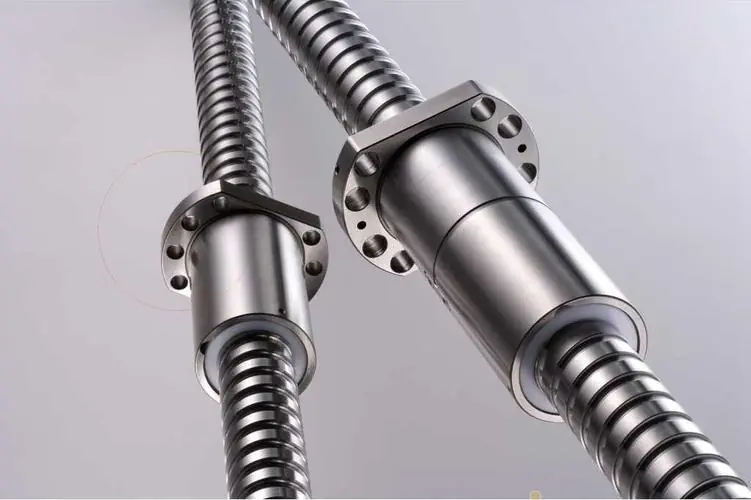 Why Precision Ball Screws are Vital for Industrial Automation and How to Choose the Right Supplier
Why Precision Ball Screws are Vital for Industrial Automation and How to Choose the Right Supplier
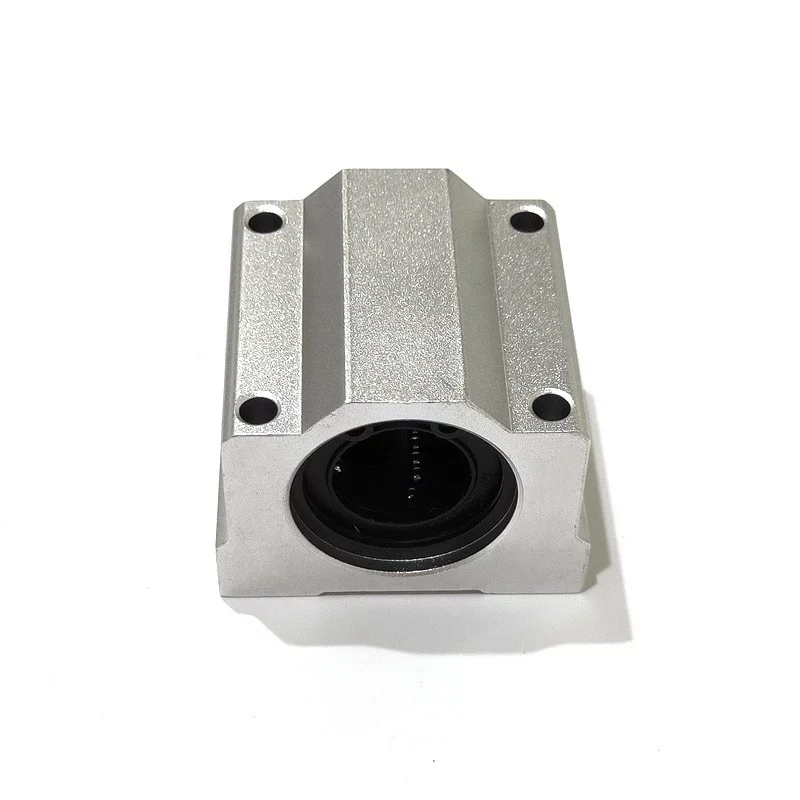 SAIVS Linear Motion Ball Slide Units – Precision and Reliability for Your CNC Needs
SAIVS Linear Motion Ball Slide Units – Precision and Reliability for Your CNC Needs
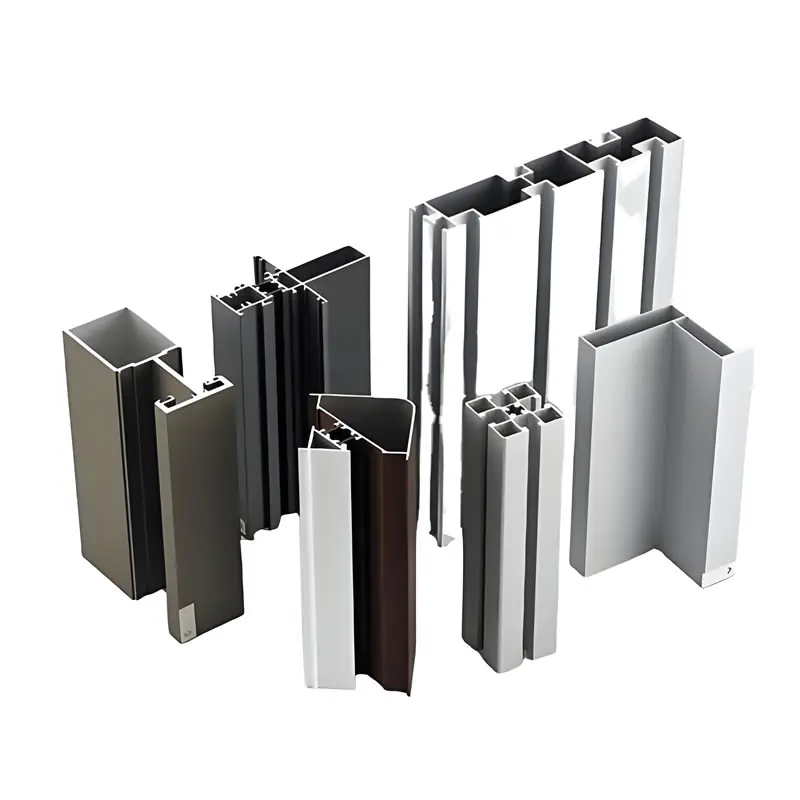 High - Quality T - Slot Aluminum Extrusion Profiles from Ningbo SAIVS Machinery Co., Ltd
High - Quality T - Slot Aluminum Extrusion Profiles from Ningbo SAIVS Machinery Co., Ltd
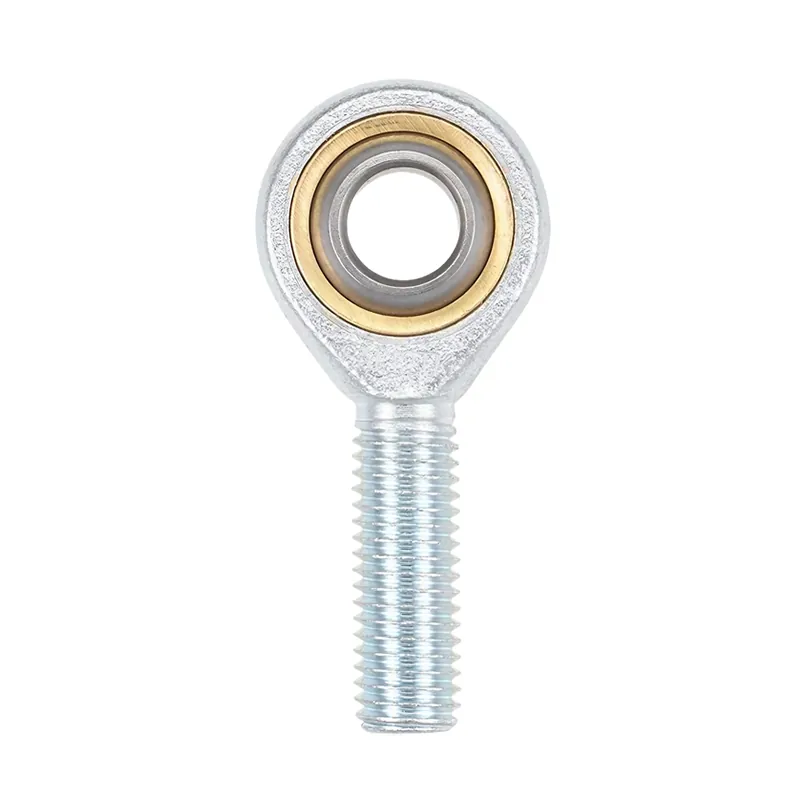 Enhance Industrial Efficiency with Premium Cylinder End Bearings from SAIVS
Enhance Industrial Efficiency with Premium Cylinder End Bearings from SAIVS

